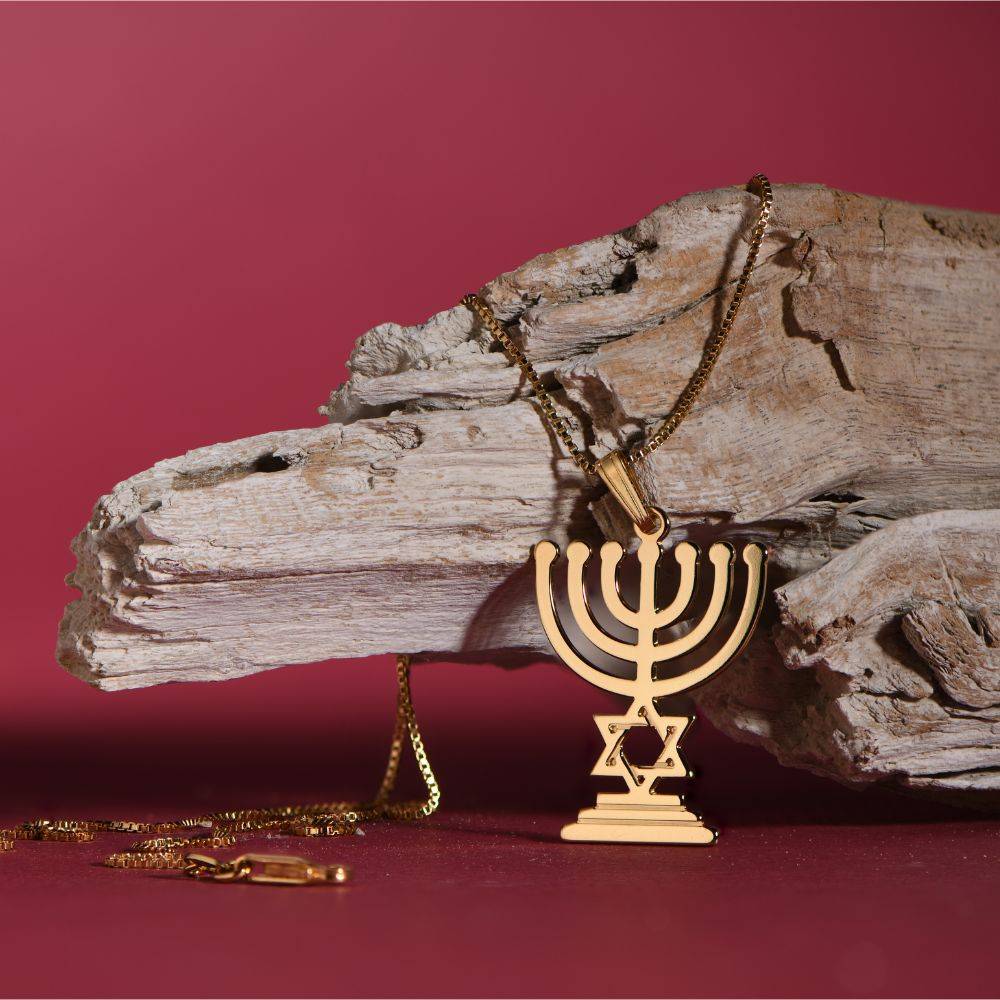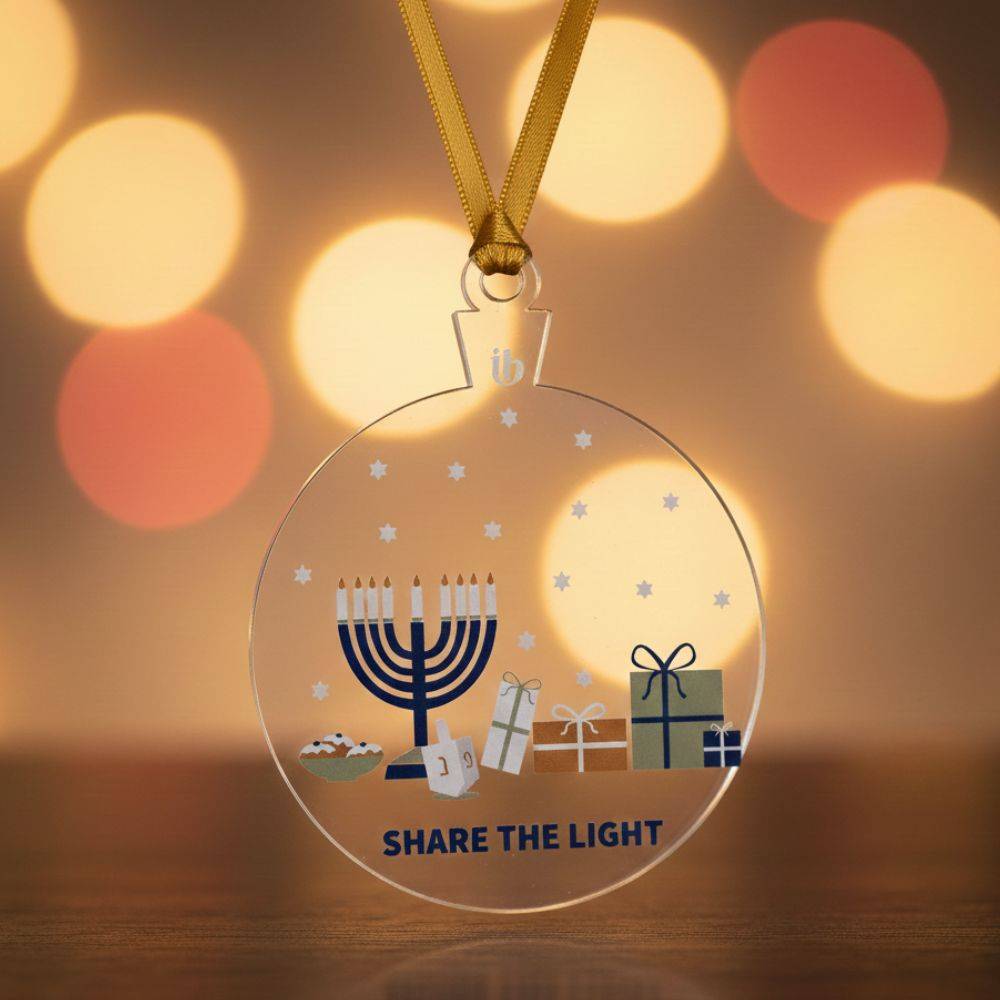
Hanukkah: History and Traditions
Hanukkah, known as the Festival of Lights, is an eight-day Jewish celebration marking the rededication of the Second Temple in Jerusalem more than 2000 years ago, on the 25th Of Kislev of each year ( The second century BCE). This period commemorates the triumph of the Maccabees over the oppressive Seleucid ruler Antiochus IV Epiphanes, who aimed to enforce Hellenistic culture and religious practices. Their victory allowed the Jews to reclaim, purify, and dedicate their temple anew to God.

The Maccabees
The Maccabees were a Jewish priestly family that led a significant revolt against the Seleucid Empire in the 2nd century BCE. Initiated by Mattathias, a Jewish priest opposed to enforced Hellenistic practices, the rebellion was continued by his sons, notably Judah Maccabee, who became known for his leadership and tactical prowess. Judah led the Jews to victory against the Seleucid forces, uniting them to preserve Jewish traditions. The Maccabees' efforts resulted in the rededication of the Second Temple, celebrated during Hanukkah, symbolizing the menorah's eight-day miracle. Their revolt secured religious freedom, demonstrating resilience and faith against oppression.

The Small Oil Jar Miraculously Lasted Eight Days
A key element of the Hanukkah story is the miracle that occurred during the rededication. The Maccabees discovered only a small jar of consecrated oil, enough to keep the temple’s Menorah (candelabrum) lit for a single day. Miraculously, the oil lasted for eight days, giving them enough time to prepare a new supply. This miracle symbolizes the triumph of light over darkness and purity over impurity, forming the foundation of the Hanukkah celebration.

The Symbolism and Meaning of Hanukkah
One of Hanukkah's most recognizable symbols is the Menorah.. During the holiday, an eight-branched Menorah, called a Hanukkiah, is lit each night (Starting always on the 25th of Kislev) using a helper candle, the Shamash. The lighting is accompanied by blessings, prayers, and songs, varying slightly among Jewish communities worldwide.
Though not a major Jewish holiday, Hanukkah holds a special place in Jewish culture and religious life. It invites reflection on identity, resilience, and maintaining faith and traditions in adversity. As the Hanukkah lights fill homes and communities with warmth, they testify to the enduring spirit of the Jewish people and their capacity for hope and inspiration.
Though not a major Jewish holiday, Hanukkah holds a special place in Jewish culture and religious life. It invites reflection on identity, resilience, and maintaining faith and traditions in adversity. As the Hanukkah lights fill homes and communities with warmth, they testify to the enduring spirit of the Jewish people and their capacity for hope and inspiration.

Hanukkah Gifts Tradition
One popular aspect of Hanukkah gifts tradition is the giving of jewelry, which holds special significance during the festival. Jewelry is not only a timeless gift but also a cherished symbol of beauty and compassion. During Hanukkah, many families choose to gift items such as rings, necklaces, or bracelets, often choosing pieces that incorporate meaningful symbols like the Star of David or menorah. These gifts serve as lasting reminders of the holiday's spirit and symbolize the illuminating light of the menorah. The tradition of giving jewelry brings added joy and elegance to the celebration, creating memories that endure long after the festival has concluded.






